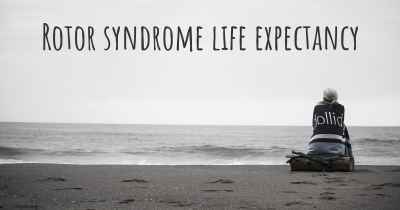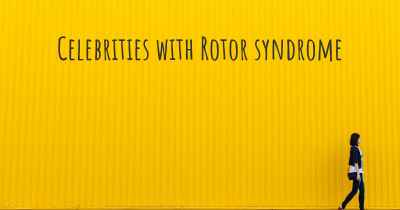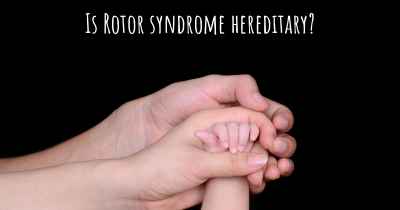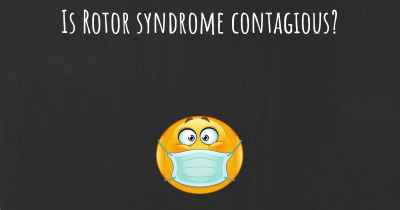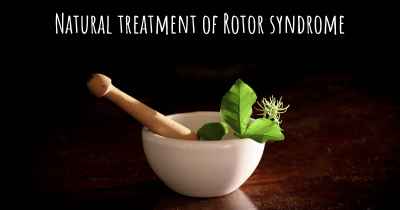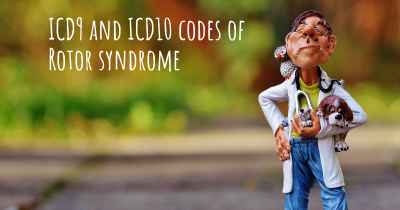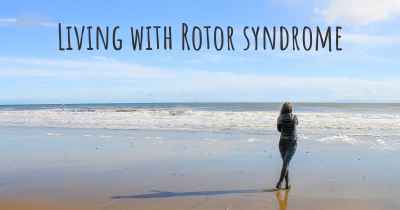Which are the causes of Rotor syndrome?
See some of the causes of Rotor syndrome according to people who have experience in Rotor syndrome

Causes of Rotor Syndrome
Rotor Syndrome, also known as Rotor's syndrome, is a rare genetic disorder that affects the liver's ability to process bilirubin, a yellow pigment produced during the breakdown of red blood cells. This condition is characterized by elevated levels of bilirubin in the blood, leading to jaundice and other associated symptoms. While the exact cause of Rotor Syndrome is not fully understood, several factors have been identified as potential contributors to the development of this condition.
Genetic Mutations
Genetic mutations are believed to play a significant role in the development of Rotor Syndrome. It is an autosomal recessive disorder, meaning that an individual must inherit two copies of the mutated gene (one from each parent) to develop the condition. The specific gene associated with Rotor Syndrome is still under investigation, but it is thought to be related to the transport of bilirubin within liver cells. Mutations in this gene disrupt the normal processing and excretion of bilirubin, leading to its accumulation in the blood.
Inherited Factors
Aside from genetic mutations, there may be other inherited factors that contribute to the development of Rotor Syndrome. Studies have suggested that certain variations in genes involved in bilirubin metabolism and transport may increase the risk of developing this condition. These genetic variations may interact with the primary gene mutation associated with Rotor Syndrome, further impairing the liver's ability to process bilirubin.
Environmental Triggers
While Rotor Syndrome is primarily a genetic disorder, environmental triggers may also influence its manifestation. Certain medications, such as oral contraceptives, hormone replacement therapy, and some antibiotics, have been reported to exacerbate the symptoms of Rotor Syndrome. These medications can interfere with the liver's normal bilirubin processing mechanisms, leading to an increase in bilirubin levels and worsening of symptoms in individuals with the condition.
Other Factors
Although less well-established, some other factors have been proposed as potential contributors to Rotor Syndrome. These include hormonal imbalances, liver damage, and infections. Hormonal imbalances, particularly those involving estrogen, may affect the liver's ability to process bilirubin efficiently. Liver damage, such as that caused by alcohol abuse or viral hepatitis, can also impair bilirubin metabolism. Additionally, certain infections, such as viral or bacterial hepatitis, may trigger or worsen symptoms in individuals with Rotor Syndrome.
Conclusion
In summary, Rotor Syndrome is a rare genetic disorder characterized by impaired bilirubin processing in the liver. Genetic mutations, particularly in genes involved in bilirubin transport, are the primary cause of this condition. Inherited factors and environmental triggers, such as certain medications, may further contribute to the development and progression of Rotor Syndrome. While the exact mechanisms underlying this disorder are still being investigated, a better understanding of its causes can aid in the development of targeted therapies and management strategies for individuals affected by Rotor Syndrome.
